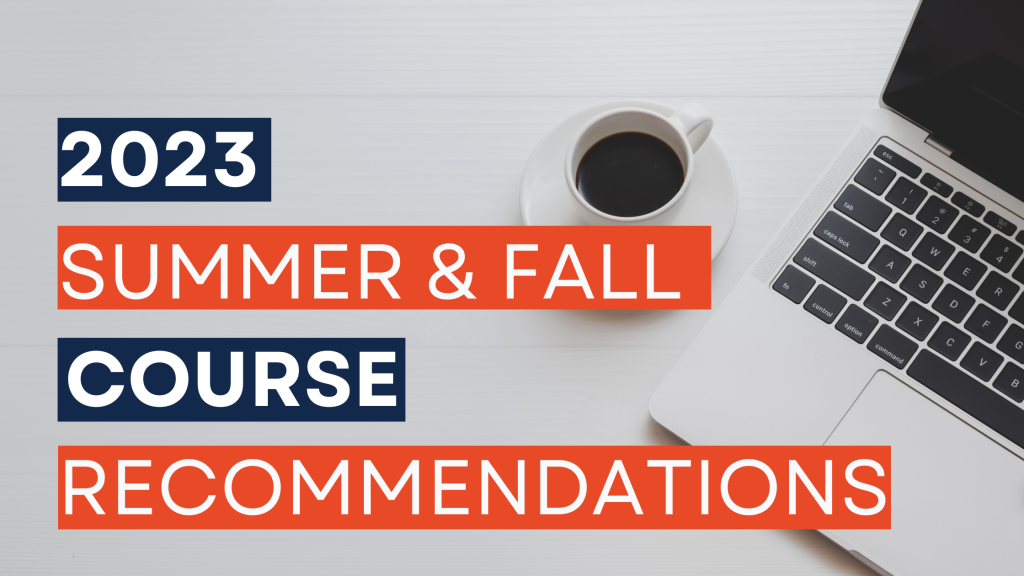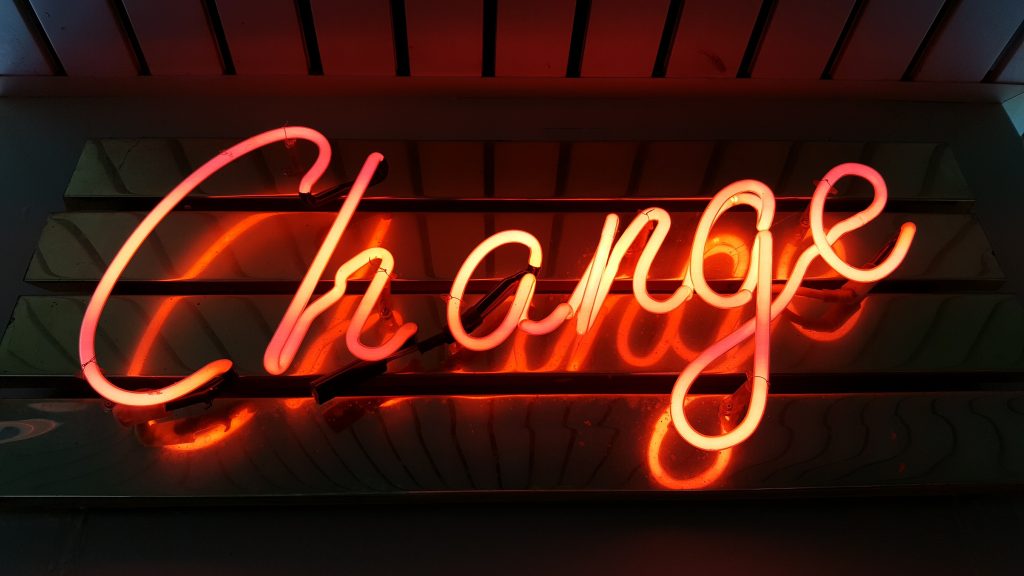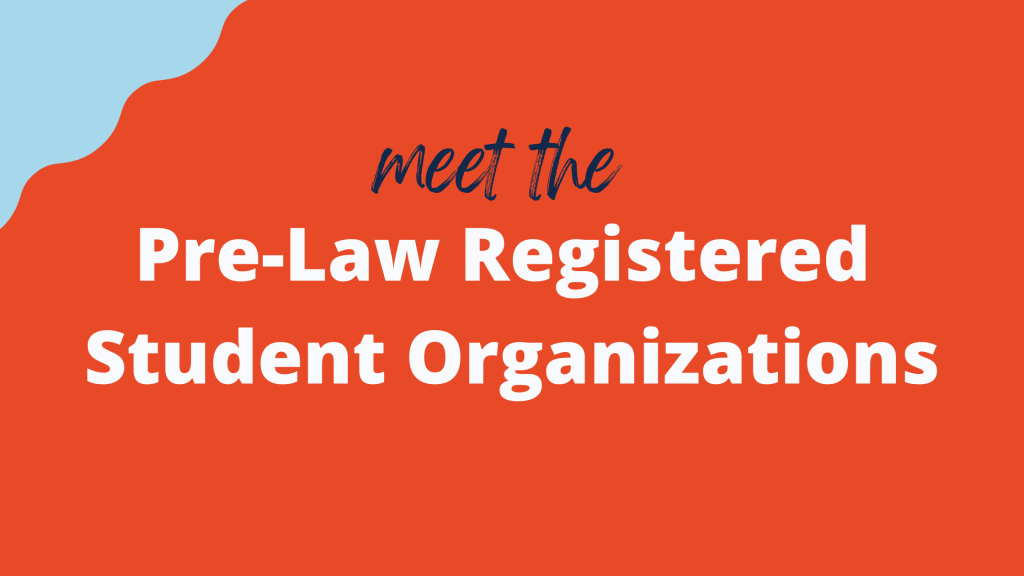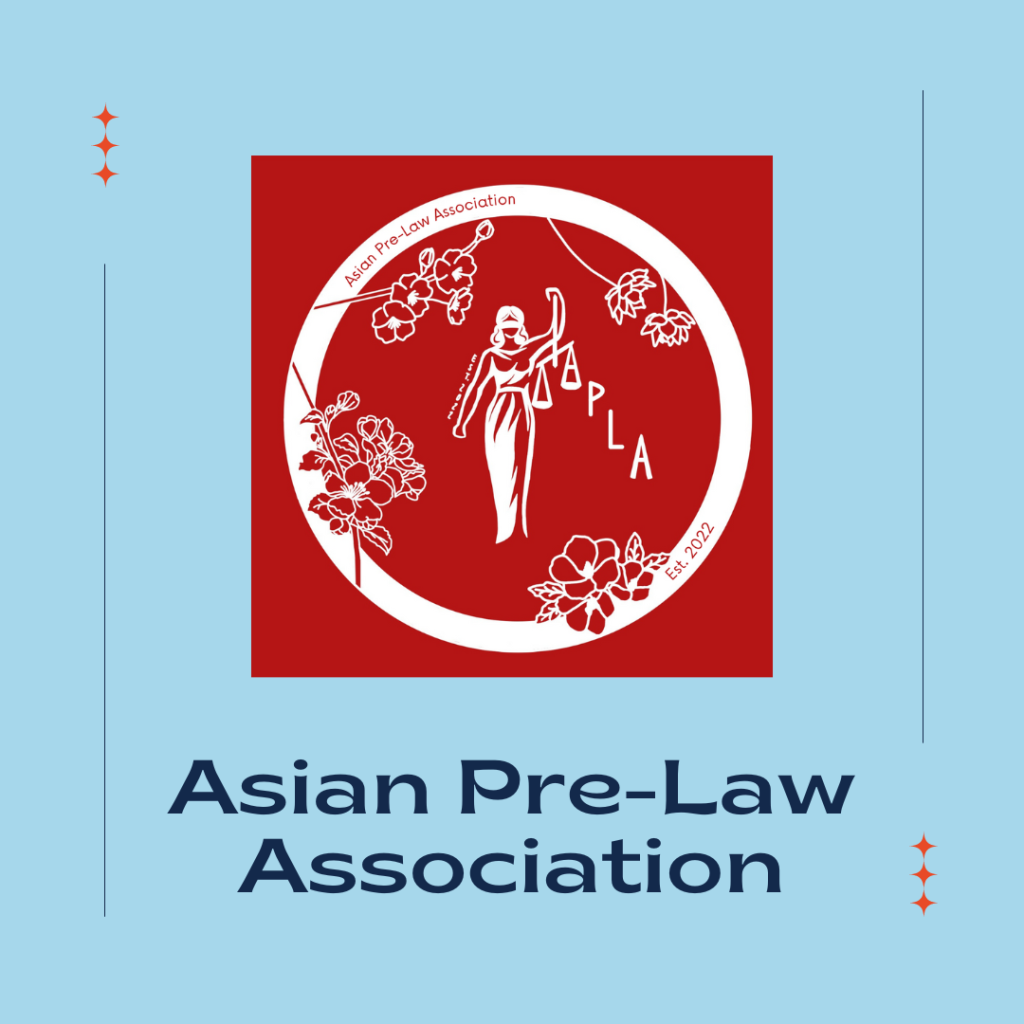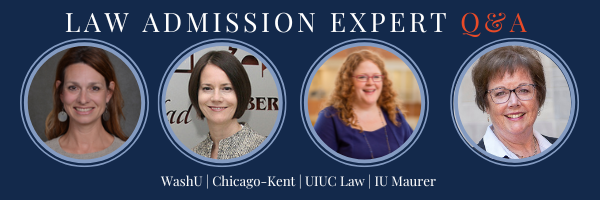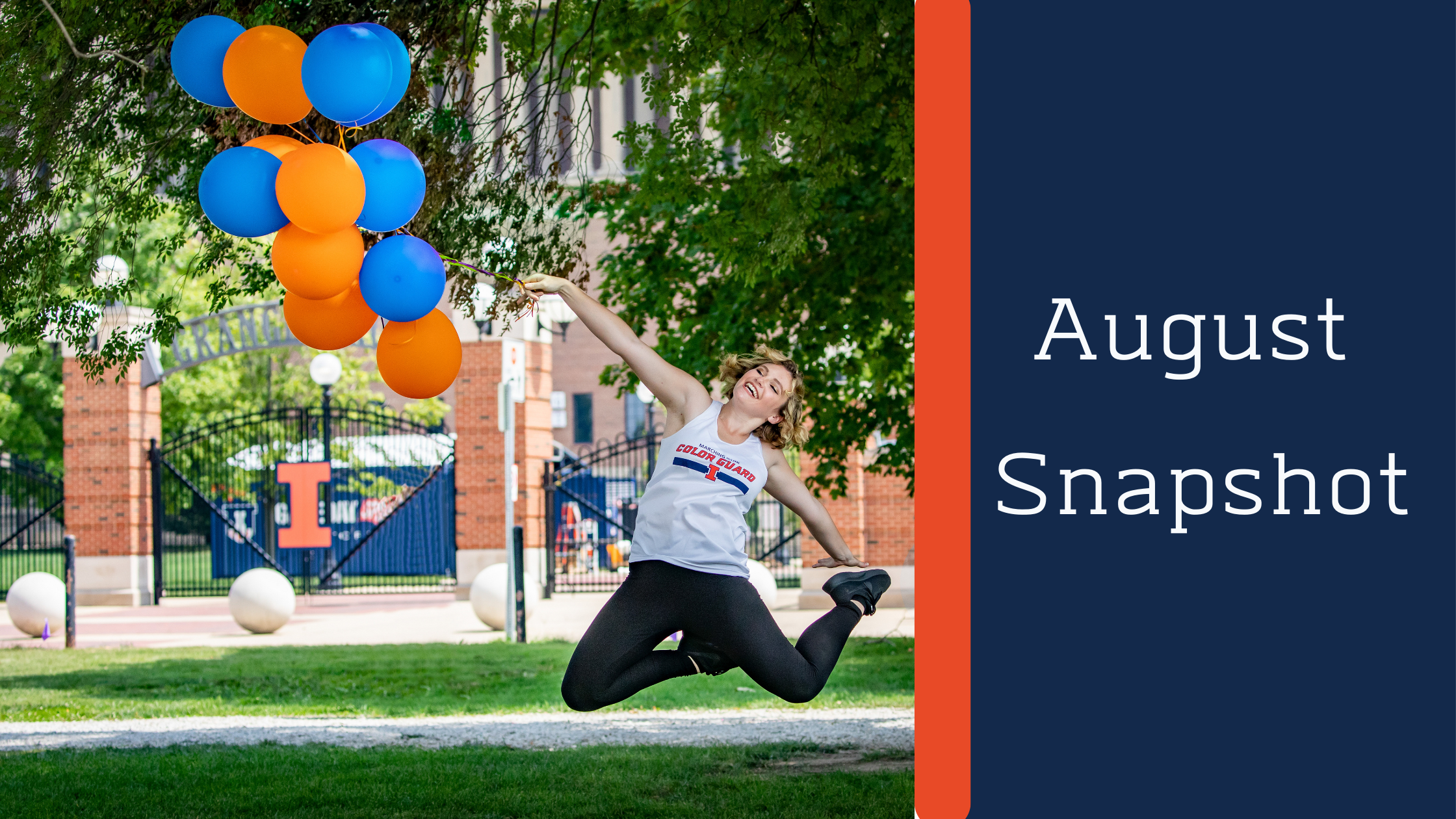
Welcome to Law School Insider! In this multi-part blog series, you will hear directly from current law students about their favorite courses, law school myths, best tips, and more!
In this first post of the series, you will hear about all-time favorite first-year law school classes and why your fellow Illini chose them.
First-Year Courses
Although each law school will have unique features to their curriculum, all law schools have a required set of first-year courses in the foundational subjects for legal studies. In addition to courses in legal research and writing, these first-year subjects include Civil Procedure, Constitutional Law, Contracts, Criminal Law, Property, and Torts. In addition, some schools offer first-year students the option to take an elective course(s) in addition to their required coursework. Keep reading to learn more!
Civil Procedure
“Civil Procedure! I loved getting deep into the weeds of rules and technicalities and learning how to use them strategically in litigation. And you’ll learn a lot of fun legal jargon like pro hac vice and certiorari!”
-Haydn L. | University of Michigan Law School
“Civil Procedure because it allowed me to learn about the process of civil cases and how cases eventually make it to court. My professor was also a great teacher.”
-Jillian W. | New England Law Boston
“Civil Procedure because it is a rule-based class.”
-Taylor H. | University of Illinois College of Law
“Civ Pro. Enthusiastic professor using basketball analogy for rules in FRCP. Felt like trying a new sport instead of learning a complicated matter in law school.”
-Randy X. | Chicago-Kent College of Law
Contracts
“It’s technical, but it also makes a lot of logical/reasonable sense to someone with no legal background. We’ve been making contracts with one another since we were 4 years old (“I’ll trade you my snack for yours”). All of that comes down to basic contract law.”
-Michael B. | University of Illinois Chicago School of Law
“I really enjoyed contracts. I was an accounting major and spent over 4 years in consulting, so I think it played to my business background and strengths.”
-Grant L. | UCLA
“Contracts – it teaches you how to ensure you don’t get taken advantage of.”
-Matthew M. | UNLV William S. Boyd School of Law
“My favorite doctrinal class was contract law. I enjoyed learning about a type of law that is different than criminal law that you might have seen on tv before law school.”
-Darius C. | Northwestern Pritzker School of Law
“I enjoyed contract law because I found it to be both interesting and practical. The rules governing contracts are clear and well-defined, which provides a level of certainty and predictability that is often lacking in other classes. I have also found that it has come up most frequently in my upper-level classes and internships compared to any other first-year class.”
-Ashley T. | George Washington University School of Law
“My favorite class was Contracts because it was a slow burn to come to a point of understanding in the class. The cold calls were the most terrifying, but I admire the way that legal and business interests come to a head in contracts.”
-Margaret B. |DePaul University College of Law
Criminal Law
“Criminal Law is a very interesting and engaging class.”
-Kayla C. | DePaul University College of Law
“I really enjoy Criminal Law. I have no interest in prosecution or criminal defense, but the material is very interesting.”
-Stella G. | IU Maurer School of Law
Property
“I loved property law because it was very straightforward and to the point. Although there were exceptions to the default rules, it seemed very rule-based and straightforward.”
-Cierra M. | University of Illinois College of Law
“So far, property. The class was taught by an extremely engaging professor and it truly makes you see the world in a different view.”
-Justin M. | Loyola Law School, Los Angeles
“Property. Lots of interesting historical and theoretical background.”
-Khalil R. | University of Chicago Law School
Torts
“Torts is sort of like a puzzle that you try to see if the facts can fit into the rule. It was challenging, but rewarding when you come to the correct answer.”
– Joseph A. | University of Illinois Chicago School of Law
“Torts has been my favorite class so far. My professor was really great and was able to simplify the most difficult topics. In addition, I really liked the textbook in the course because it gave only the information that we needed. I felt like the course gave me a great overview of Torts, and my internship this summer will be focused on civil litigation.”
-Mackenzie M. | University of Illinois College of Law
“I love torts because the reasoning is very straightforward and rule-based.”
– Clara T. | Southern Illinois University School of Law
First-Year Electives
Some law schools allow first-year law students to select an elective course. See below for some favorites!
First Amendment Law
“First Amendment Law is my favorite! My professor is engaging, knowledgeable, and does a great job facilitating class discussion. It’s really important to try taking classes with good professors if you can help it. The material of the class is really interesting, and I have developed a much deeper understanding of the theory and practicality of the First Amendment from this course!”
-Skylar R. | Northwestern Pritzker School of Law
International Law
“I’m taking international law as my 1L elective, which is by far my favorite class. I’m interested in international environmental law, and it’s been wonderful to have an opportunity to study that subject while still in my first year. I definitely recommend taking an elective 1L year, being able to study something you’re passionate about can be a nice break from the required 1L doctrinal courses that you may not feel as personally invested in.”
-Amanda W. | Duke University School of Law
STAY TUNED!
Stay tuned for the next edition of Law School Insider: Favorite Law Courses Part II where will hear from current law students about their favorite upper-level courses!
